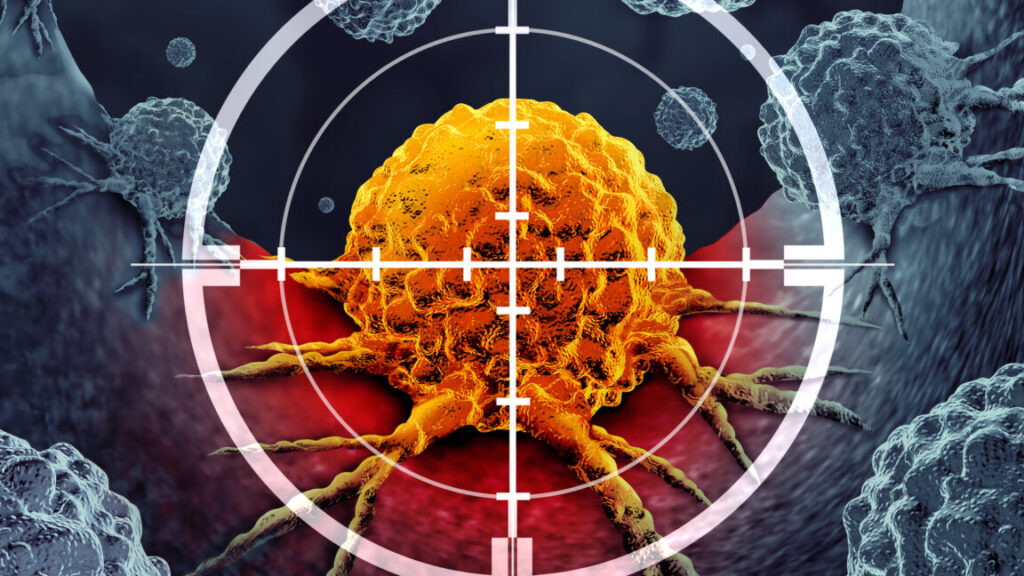A new era in cancer therapies is at hand

In 2012, clinicians at the Children’s Hospital of Philadelphia treated Emily Whitehead, a 6-year-old with leukemia, with altered immune cells from her own body. At the time, the treatment was experimental, but it worked: The cells targeted the cancer and eradicated it. Thirteen years later, Whitehead is still cancer-free.
The modified cells, called CAR-T cells, are a form of immunotherapy, where doctors change parts of the immune system into cancer-attacking instruments. About five years after Whitehead’s treatment, the first CAR-T drugs were approved by the FDA and were heralded, along with immunotherapy more broadly, as one of the most promising modern cancer treatments. Today, there are seven FDA-approved CAR-T therapies, including the one used to treat Whitehead.
Since then, however, studies have linked CAR-T to fatal complications due to treatment toxicity, and the treatment has had a harder time addressing certain types of cancers, particularly solid tumors affecting the breast and pancreas, although some small clinical trials have been starting to show positive results for solid cancers. “After a decade, a decade and a half, we arrive at the point that there are patients who answer, most of the patients still do not answer,” said George Calin, a researcher at University of Texas MD Anderson Cancer Center.



